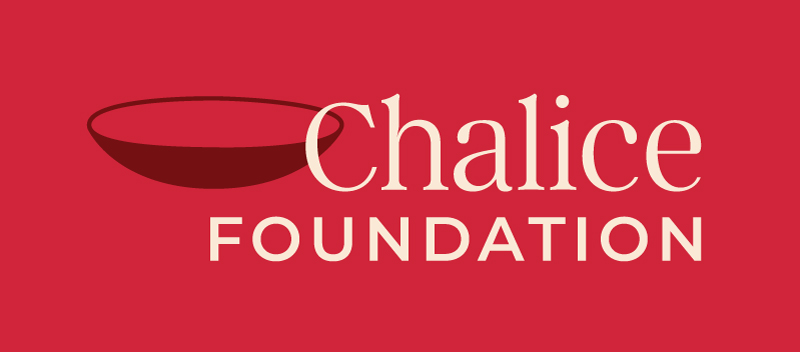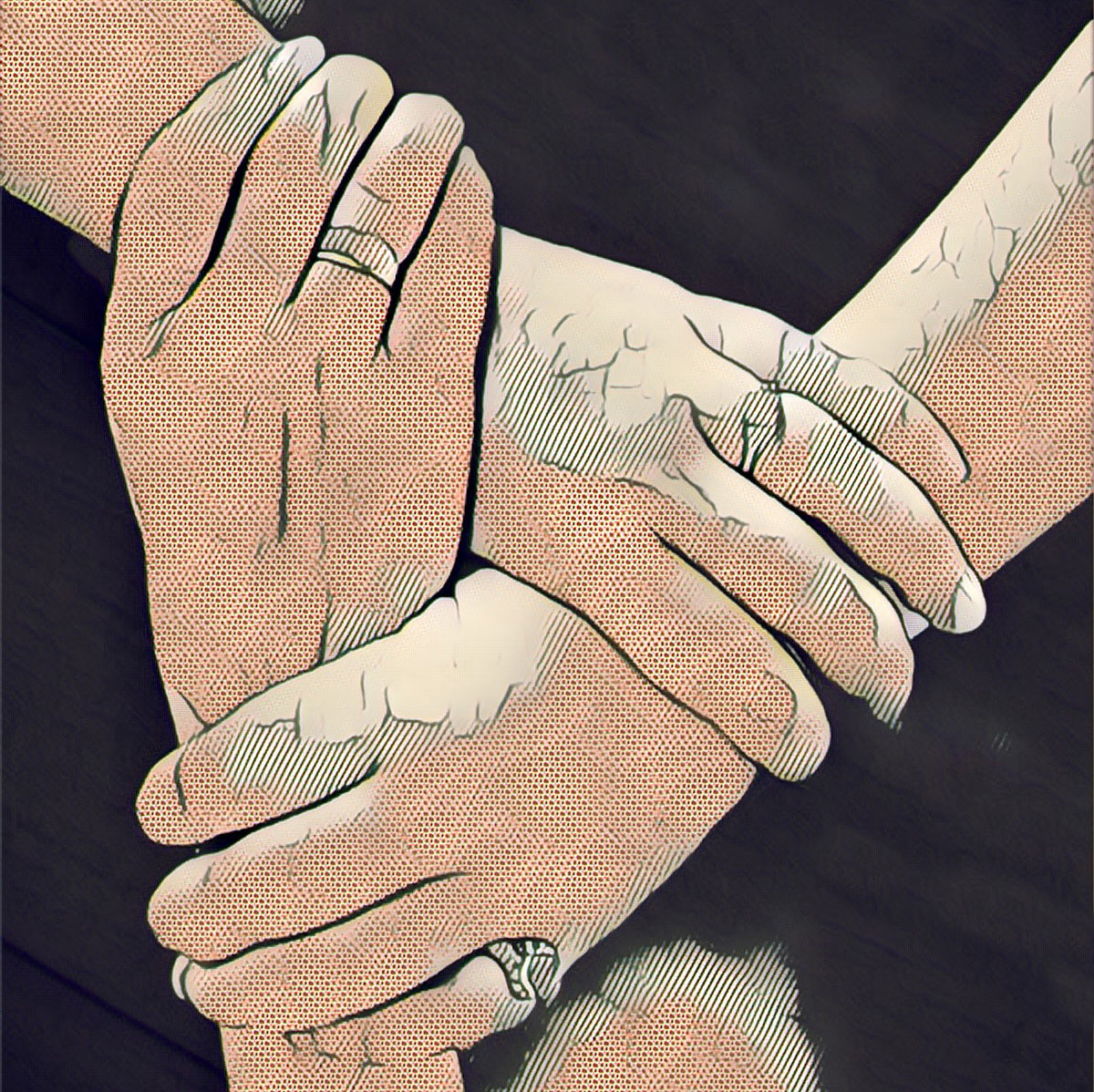Imagine. A girl is in her bathroom at home and she notices something different. She hasn’t seen it before. She calls out to her parents, who come to the door and ask if she’s okay. ‘I am,’ she says. ‘I think I’ve got my period.’ It’s here. She was prepared for this, and now, after much anticipation, it’s really happening. There are happy tears, on both sides of the door. A flurry of activity: grabbing supplies, hugs, lots of hugs, planning tonight’s dinner, thinking about gifts, congratulations, reassurance, calling aunties, grandmas, cousins, who all want to celebrate. She knows what’s happening to her is normal and natural, but it’s also important and momentous. She is a little apprehensive about her life changing now, but she’s also proud, excited and can’t wait to tell her friends.
Her home is like many others, with parents teaching their children openly and warmly about managing periods and self-care. School is also a safe and supportive place, free of judgment and stigma, where menstrual wellbeing is embedded in school policy and practice. She grows up to work in environments with pragmatic and thoughtful attitudes towards women and their periods, with menstrual policies in place to ensure that all workers are supported to be their most productive, creative and whole selves.
When she needs it the healthcare system provides holistic and effective treatment, underpinned by an understanding of menstrual wellbeing as a key factor in overall health and quality of life. Advances in science, due to adequate and fair funding, have enabled the development of sophisticated knowledge about the menstrual cycle and related health. If she experiences period pain or distress, or cycle exacerbated illness, she’s respected when reporting symptoms, and diagnosis is swift and clear. In this setting she understands that it’s not menstruation or the menstrual cycle that is the problem but specific conditions that, when identified, can easily be treated.
While it feels a long way off for her she sees this dignity and care naturally extend to the women in her family and community who are peri-menopausal and menopausal – they do tell strange stories though about the old days, when there was a menstrual taboo!
Adapted from About Bloody Time: The Menstrual Revolution We Have to Have, by Jane Bennett and Karen Pickering
Casi: Jane, the statement above features in the book you co-wrote with Karen Pickering, About Bloody Time, how has this statement guided your work at Chalice Foundation this year?
Jane: To me the power of this Imagine Statement is that it spells out the beautiful, and frankly bleeding obvious, vision that we are working toward. So, during this year it is the overwhelming logic and good sense of this vision that has guided all the small steps and decisions we have taken at the Chalice Foundation, as step-by-step we make this image a reality.
Each time I read this statement I am moved. In reading it, and of course when Karen and I wrote it, I feel like I am bit-by-bit adding substance and colour and reality to this vision. As the esteemed Captain Pickard would say, ‘Make it so!’
Casi: We launched The Leak in April this year, what are you proud of in terms of the blogs we’ve featured?
Jane: I am proud of so so much! I am proud that we have consistently published every week. I am especially proud of the diversity of voices, stories and topics that have been included, with so many more to come. We have often said during the year, as more blogs and stories come through, that we feel the subject matter is as diverse as those who menstruate and it’s hard to imagine coming to the end of this subject! Then there are those who don’t, or haven’t, and their experiences supporting menstruators. Look out for more on this next year.
I am especially pleased by the willingness of those we approached to share their unique story, their experiences, their research and views with us.
I am proud of our work together Casi – as we created The Leak together, along with contributors, and together we have produced a unique and ongoing body of work.
Casi: I agree, so many of the blogs really are timeless so I would encourage our readers to go back through the archive and have a read!
A few of my favourites for the year have been our interview with Kiri Hannifin in NZ on reducing stigma and shame around period products by just labelling them what they are; Alana Munro’s piece about her “ah-ha” moment in recognising the menstrual taboo while travelling in Cambodia which inspired her to undertake research and Rosie Ward’s piece on the online community around endometriosis that has flourished despite the taboo and lack of community-wide awareness on the issue.
Casi: Although nothing is predictable in this world, what are your hopes for next year Jane?
Jane: More blogs! More educational offerings from the Chalice Foundation are in the pipeline too, so look out for word on those. I’ll know more after a break and refresh, and am ready to fire up for positive menstrual education and wellbeing initiatives in 2021.
To keep up to date on all things Chalice Foundation please sign up to our newsletter and follow us on Facebook and Instagram.
The Chalice Foundation will be taking a break over Christmas and January to reflect, relax and get ready for the next year. Thank you for being on this journey with us and we will see you in 2021!


